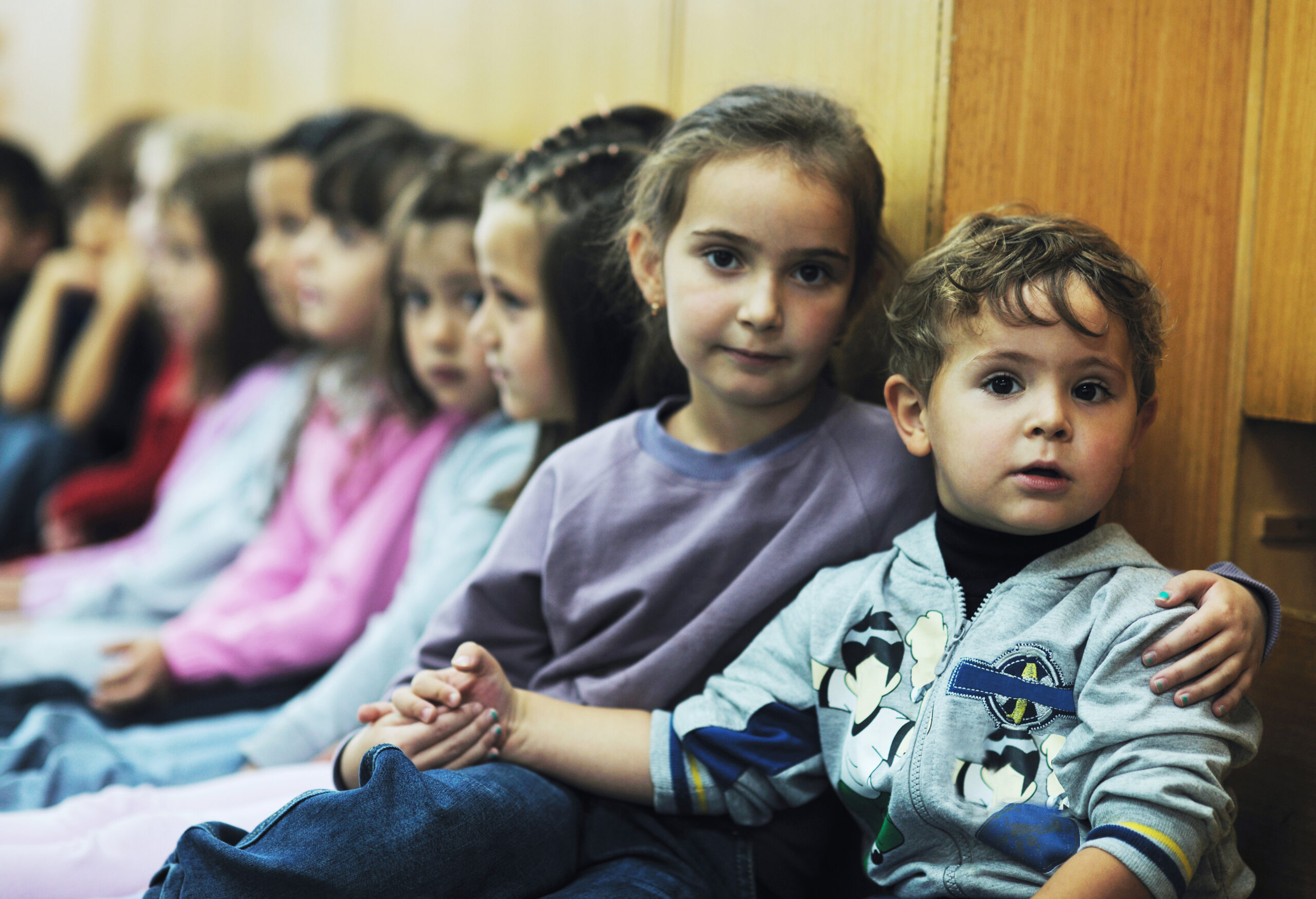by Hedda Meadan, PhD
Current data from the Centers for Disease Control and Prevention (CDC) show that 1 in every 59 children in the US have autism. Boys are diagnosed with autism four times more than girls and autism occurs in all racial, ethnic, and socioeconomic groups. Although young children with autism have unique abilities and needs that might require additional support within educational and community settings, societal values about promoting opportunities for development and learning, and a sense of belonging for every child and family call for inclusion for all.
In 2009 The National Association for the Education of Young Children and the Division for Early Childhood issued a joint statement in support of inclusion. The joint statement includes this definition of early childhood inclusion:
“Early childhood inclusion embodies the values, policies, and practices that support the right of every infant and young child and his or her family, regardless of ability, to participate in a broad range of activities and contexts as full members of families, communities, and society. The desired results of inclusive experiences for children with and without disabilities and their families include a sense of belonging and membership, positive social relationships and friendships, and development and learning to reach their full potential.”
Researchers report many benefits of high-quality inclusion of young children with autism and other developmental disabilities in early educational settings. Inclusion supports and benefits not only children with autism, but also their typically developing peers, family members, teachers and professionals, and the community as a whole.
Autism Speaks published Pre-School Inclusion Programming for Young Children with Autism Spectrum Disorder: A Toolkit for Training and Program Development which includes information, checklists, tools, and printable materials for supporting inclusion of young children with autism. The Organization for Autism Research further describes the importance of inclusion. In addition, Operation Autism: A Resource Guide for Military Families provides resources for developing partnerships with educators to support the inclusion of children with autism and for understanding the different educational placements options for children with autism.
To learn more, visit the series, “Sunrise to Sunset: Supporting Children with Autism Through Their Day” that focuses on supporting the inclusion of young children with autism.
Image from Storyblocks, CC0













